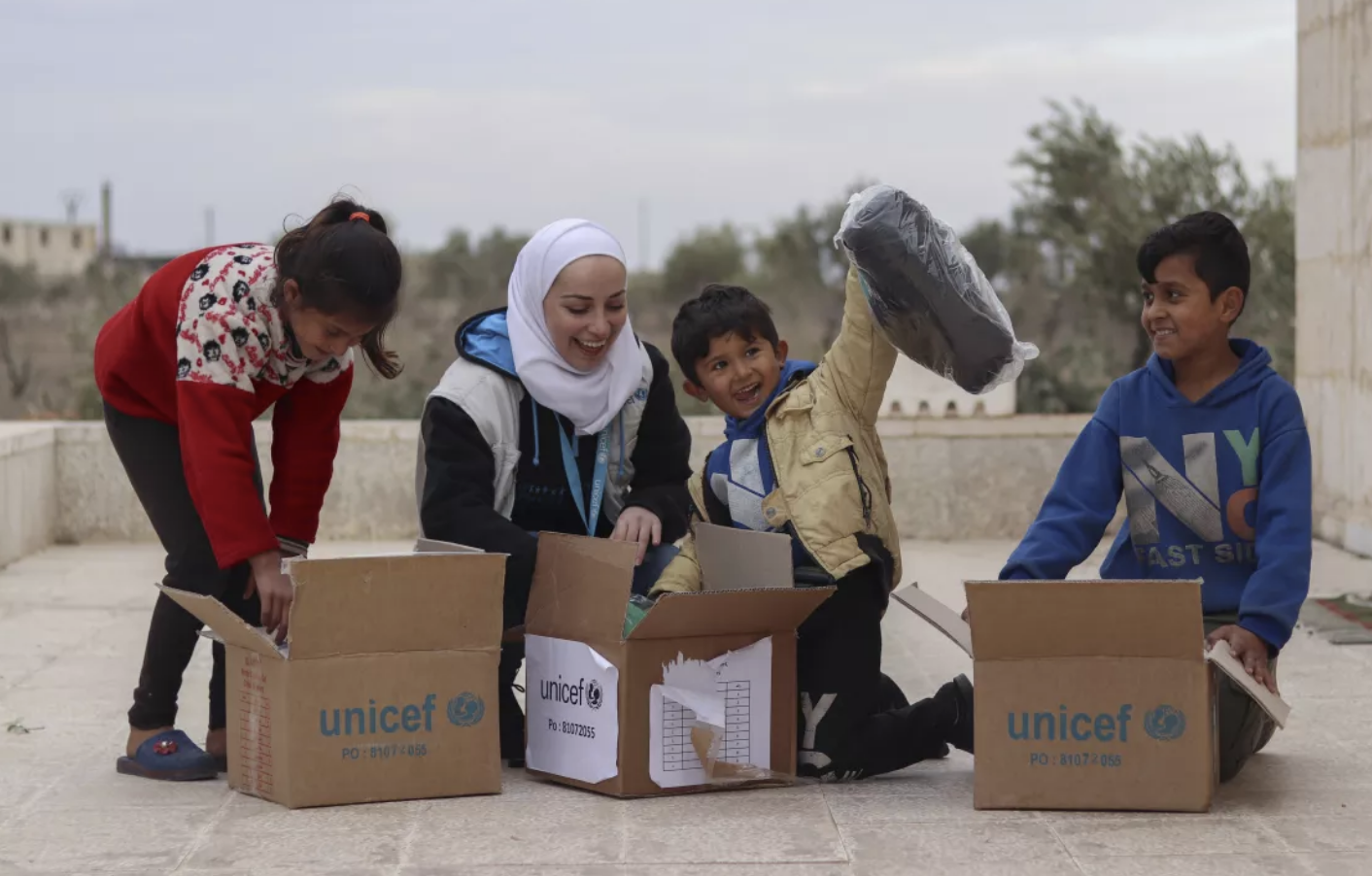Introduction: Youth as Catalysts for Change
In an era marked by unprecedented global challenges, from climate change to social inequality, the role of youth in international development has never been more crucial. Young people, comprising nearly 1.8 billion of the world's population, represent not just the future but the present of global development efforts.
This comprehensive analysis explores how youth engagement in development initiatives is reshaping traditional approaches to global challenges, with a particular focus on UNICEF's youth empowerment programs and their measurable impact on communities worldwide.
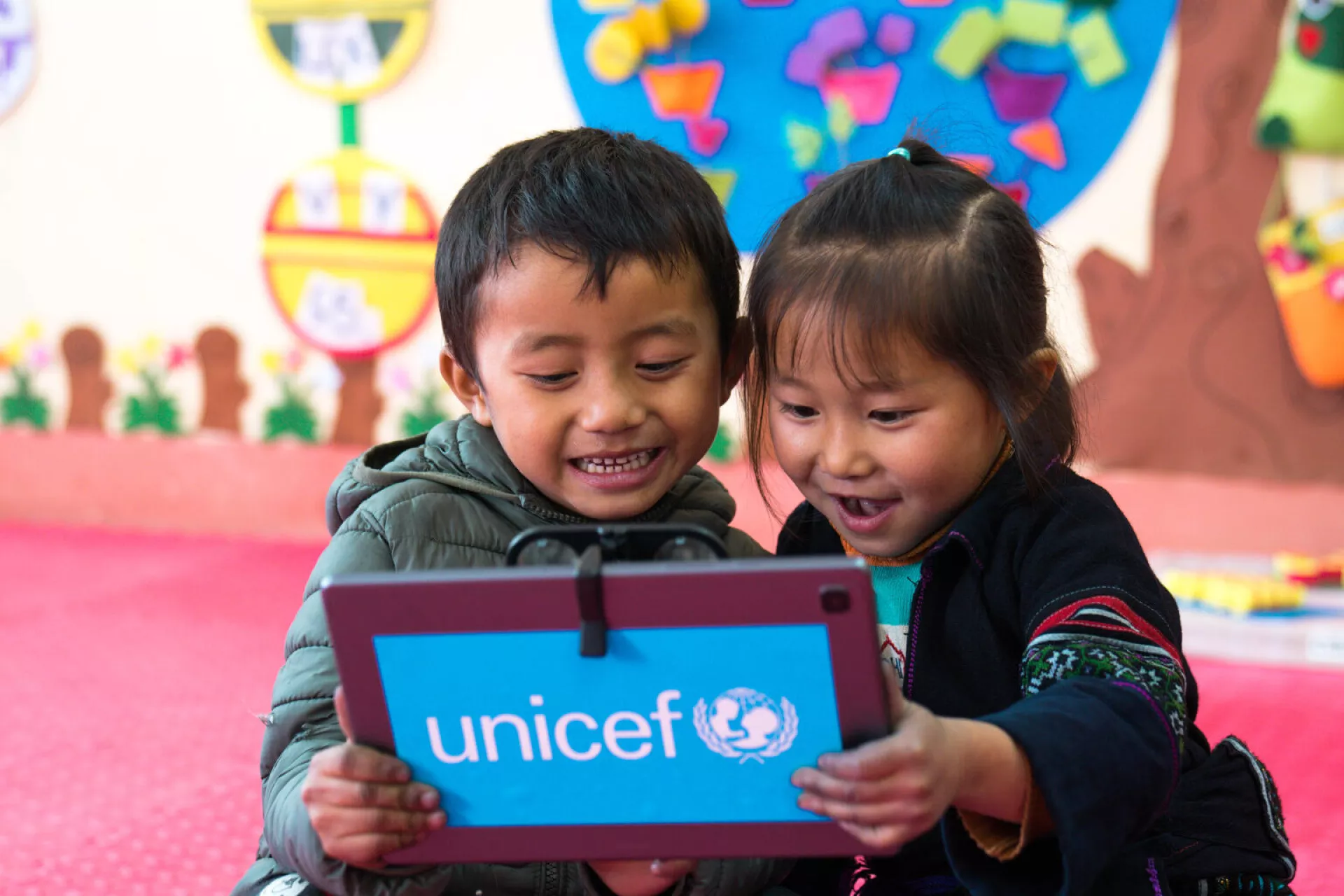
Digital Innovation
Youth-led tech solutions addressing community challenges
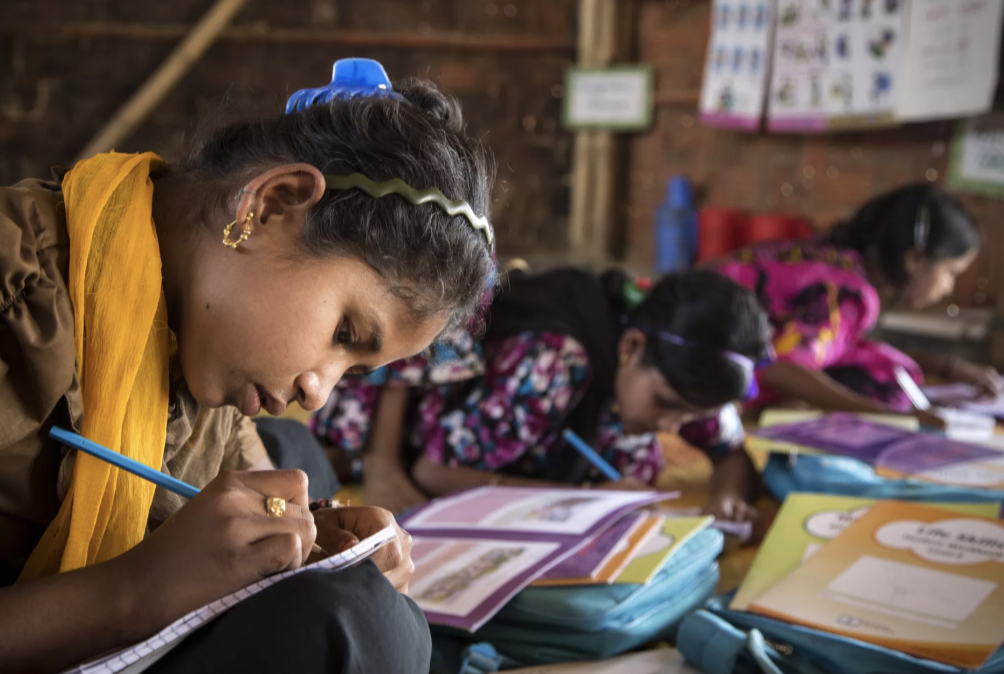
Education Access
Expanding learning opportunities in remote areas
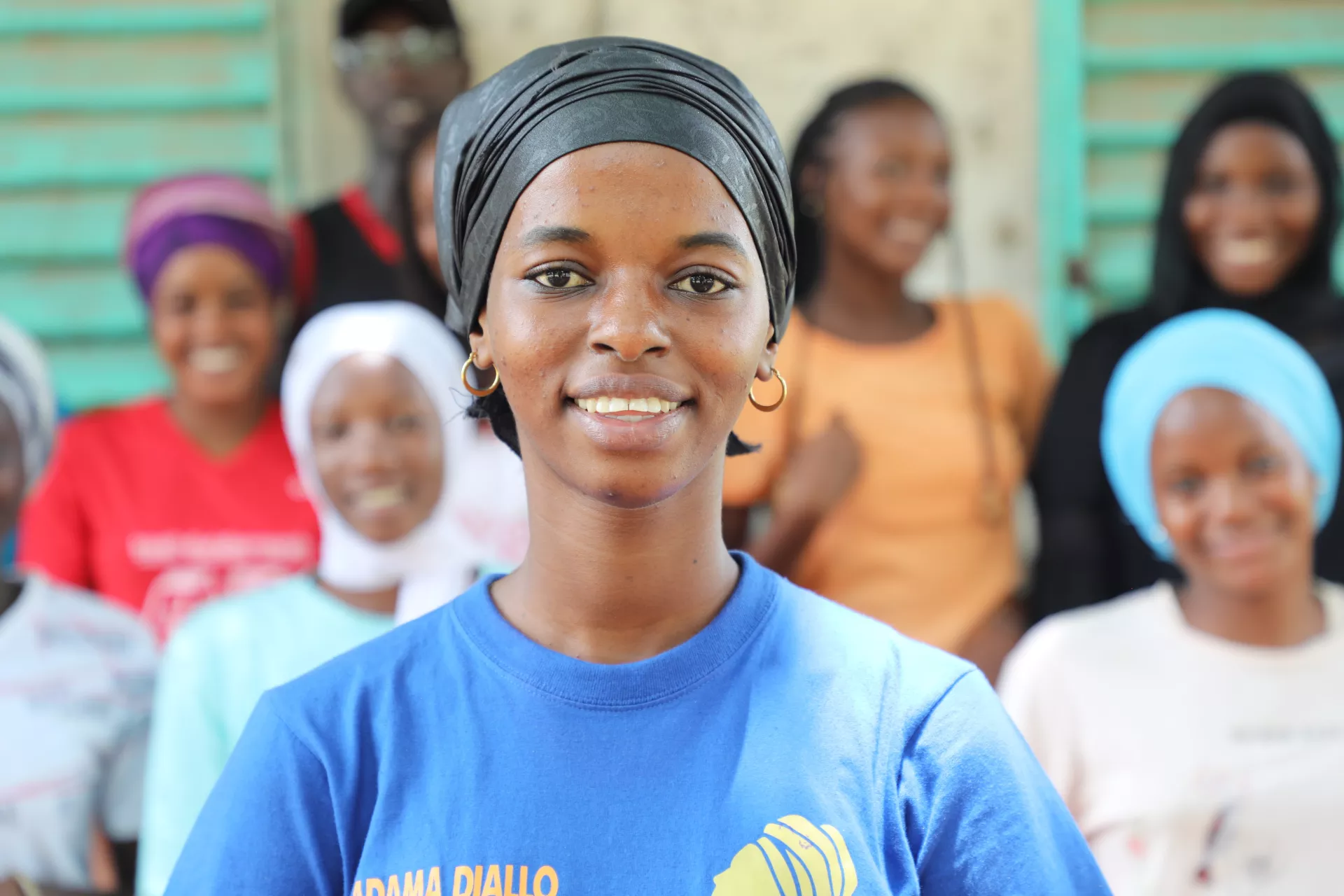
Youth Leadership
Building tomorrow's change-makers today
Key Statistics
- Youth (ages 15-24) represent 16% of the global population
- 90% of youth live in developing countries
- Young people lead 60% of new social innovation projects
- Youth-led organizations have increased by 50% since 2020
The Evolution of Youth Participation
The landscape of youth participation in development has transformed dramatically over the past decade. What began as token representation has evolved into meaningful engagement, with young people now holding positions of influence in major international organizations and leading grassroots movements that drive significant change.
Young people are not just beneficiaries of development programs; they are architects of change, bringing fresh perspectives and innovative solutions to long-standing global challenges."
- UNICEF Executive DirectorThis shift reflects a broader recognition of youth capabilities and the unique value they bring to development initiatives. Their digital nativity, global connectivity, and inherent drive for innovation make them particularly effective in addressing contemporary challenges.
Impact Areas and Success Stories
Young people's contributions to global development span multiple sectors, with particularly notable impact in:
Key Impact Areas
- Climate Action and Environmental Conservation
- Education Reform and Digital Learning
- Mental Health Awareness and Support
- Gender Equality and Social Justice
- Technology for Development
Success stories from these areas demonstrate the tangible impact of youth-led initiatives. For instance, in East Africa, young entrepreneurs have developed mobile applications that connect small-scale farmers to markets, while in South Asia, youth advocates have successfully pushed for policy changes in education access.
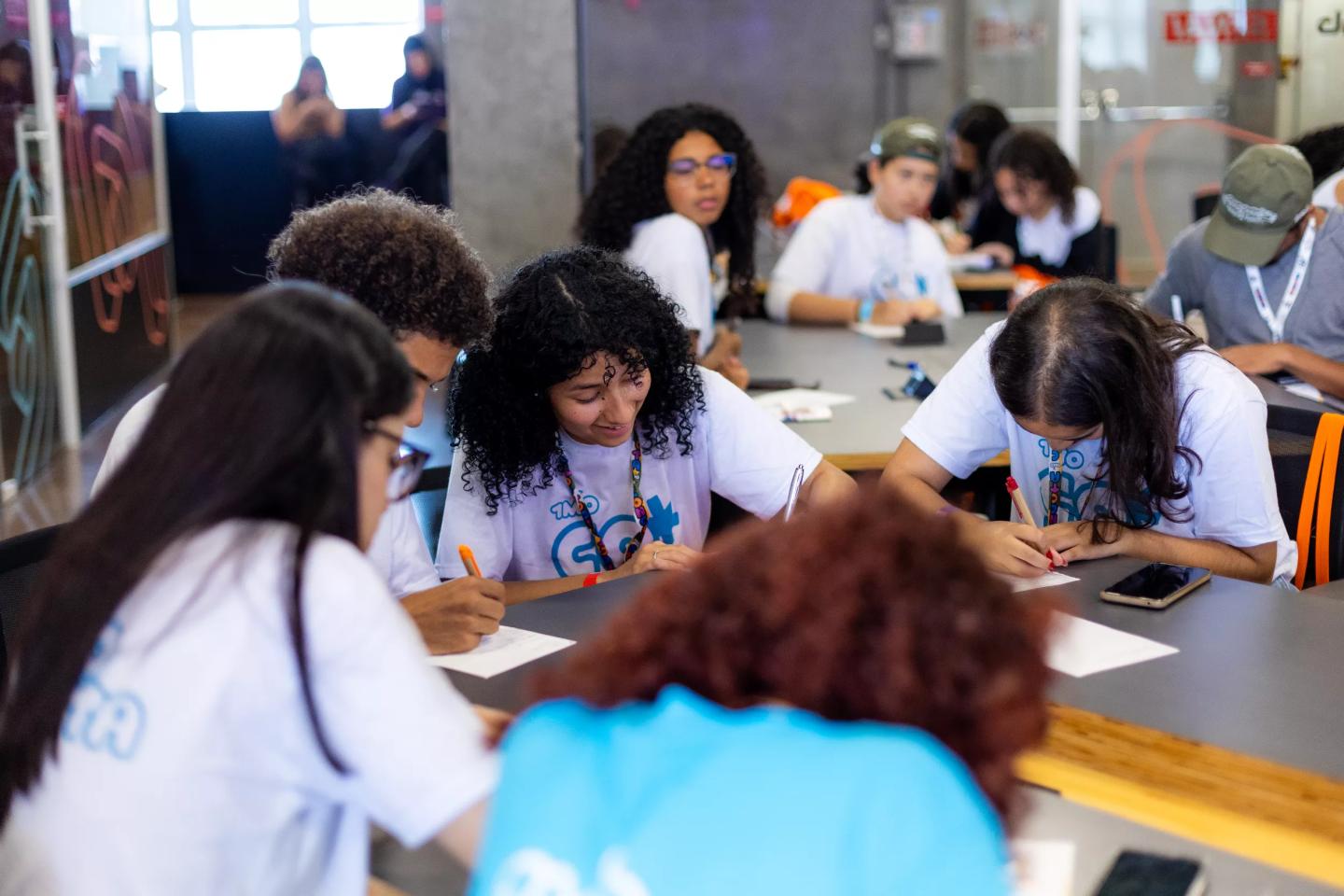

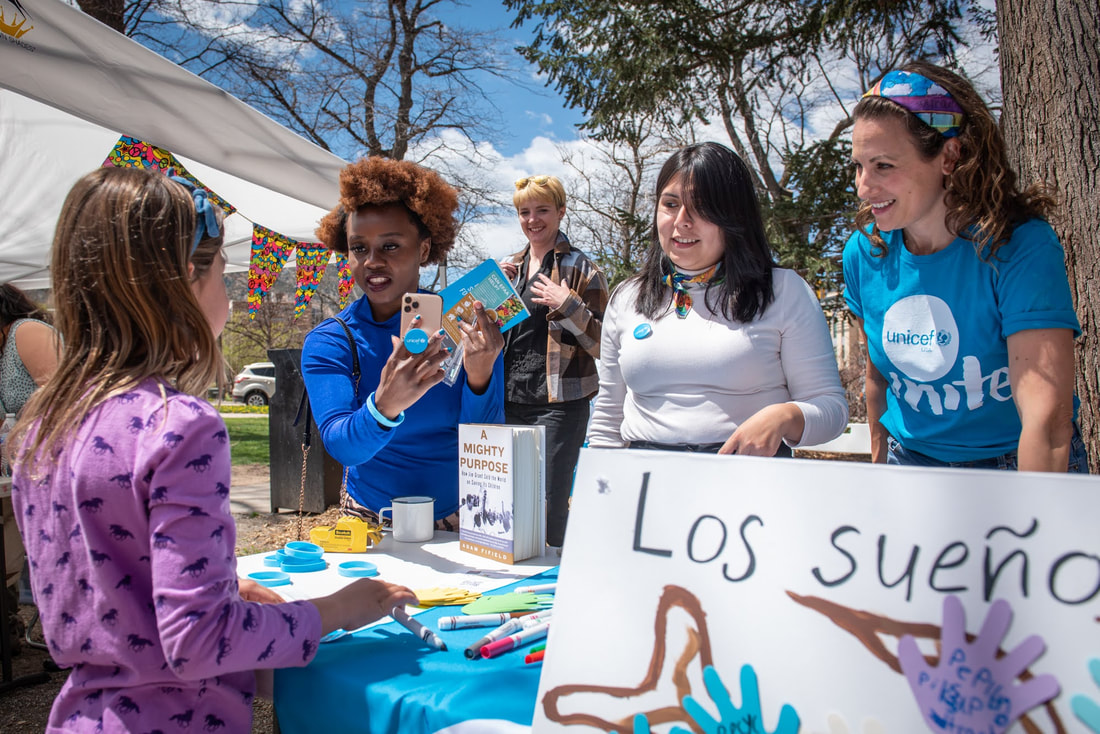


Challenges and Opportunities
Despite significant progress, young people continue to face barriers to meaningful participation in development processes. These challenges include limited access to funding, institutional resistance to youth leadership, and gaps in capacity building opportunities.
However, these challenges also present opportunities for innovation and systemic change. The rise of digital platforms, increasing recognition of youth expertise, and growing support for youth-led initiatives suggest a promising trajectory for enhanced youth participation in global development.
Future Directions and Recommendations
To maximize the potential of youth participation in global development, stakeholders at all levels must commit to:
- Institutionalizing youth participation in decision-making processes
- Increasing funding for youth-led initiatives
- Strengthening capacity building programs
- Creating platforms for intergenerational dialogue and collaboration
- Measuring and documenting the impact of youth participation



